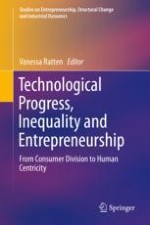2020 | OriginalPaper | Buchkapitel
Geotourism in Latin America and Caribbean UNESCO Global Geoparks: Contribution for Sustainable Development Goals
verfasst von : Emmaline M. Rosado-González, José Luis Palacio-Prieto, Artur Abreu Sá
Erschienen in: Technological Progress, Inequality and Entrepreneurship
Aktivieren Sie unsere intelligente Suche, um passende Fachinhalte oder Patente zu finden.
Wählen Sie Textabschnitte aus um mit Künstlicher Intelligenz passenden Patente zu finden. powered by
Markieren Sie Textabschnitte, um KI-gestützt weitere passende Inhalte zu finden. powered by
